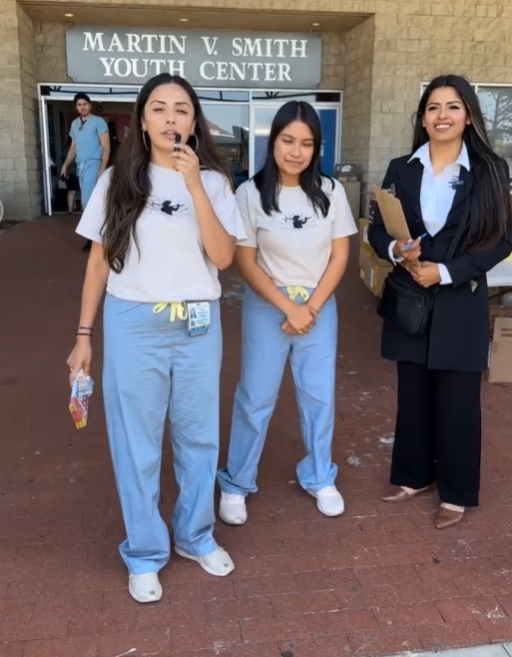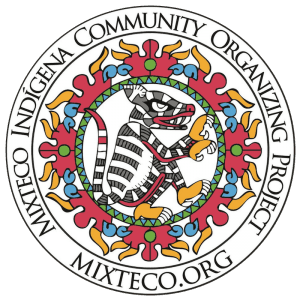Student-led org hosts a health fair for the agricultural community to talk about the dangers of heatstrokes

By: Miguel Hernandez
In a profound alliance, the organization La Cosecha joins with Creation Nation to bring social resources, medical aid, and food to one of California’s most vulnerable communities: the farmworker population. On Saturday, June 15, La Cosecha and Creation Nation organized a health fair in the heart of Oxnard, where more than 200 families received medical services, food, and clothing completely free of charge.
The health fair also had participation from several county organizations and non-profit organizations, such as the Mixteco Indigenous Community Organizing Project or (MICOP). Organizations like MICOP offered resources for Medi-Cal access. Since the Indigenous community is one of the populations most likely to live without health insurance. The information offered was shared in Spanish, Mixtec, and even English, to break down the linguistic barriers prevalent in Oxnard.
Denise Jiménez and Erika Escalera are co-founders of the organization “La Cosecha” and were participants in the health fair. Jiménez and Escalera are two UCLA medical school students who started the organization “La Cosecha” with the purpose of raising awareness among future doctors of the unique needs of the migrant indigenous community. Jiménez and Escalera both come from migrant parents who also worked in the fields.
In an interview, the founders of this organization mentioned that their goal is to help the 400,000 agricultural workers who live in California and do not have access to health insurance. One of the biggest motivations for the organization, “La Cosecha,” is to prevent heatstrokes, which is a silent killer among migrant farming communities.
The health fair sought to educate participants on how to identify a heat stroke and how to prevent it. It was also discussed that one of the biggest mistakes the farming community makes is that they return to work after suffering a heatstroke, which can be a deadly mistake.
Speaking with a current farm worker, Audelio Robledo, commented that many times he and his farm colleagues return to work after a heatstroke for fear of being fired by the stewards or owners.
Robledo also said: “Last summer I had a heatstroke. I felt like the world was spinning around me and I was going to faint. I remember telling the manager and he just told me to go to my break. Then I called 911 because I thought I was going to die. The next day, many of my colleagues made fun of me and called me ‘weak’. But I just thought about my family, and I said: if something happens to me, who is going to take care of them?”
The two co-founders of “La Cosecha” mention that there are many cases like Robledo, where workers do not take the dangers of heatstroke seriously, for fear of appearing weak at work in front of their colleagues and employers.
In conclusion, the organization “La Cosecha” hopes to have more health fairs not only in Oxnard but throughout California. But for now, the two students Jiménez and Escalera continue with their goal of helping the community that watched them grow. Although the organization La Cosecha is doing its part to help the indigenous agricultural community, many think that more organizations like this and MICOP are required to reach an equitable future.
